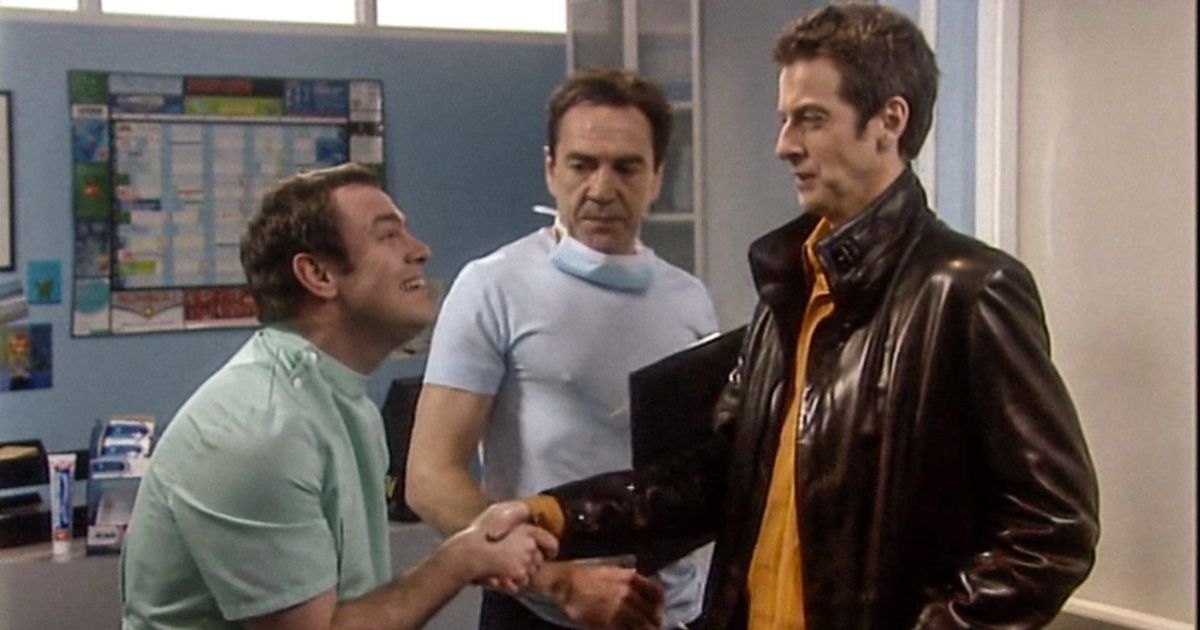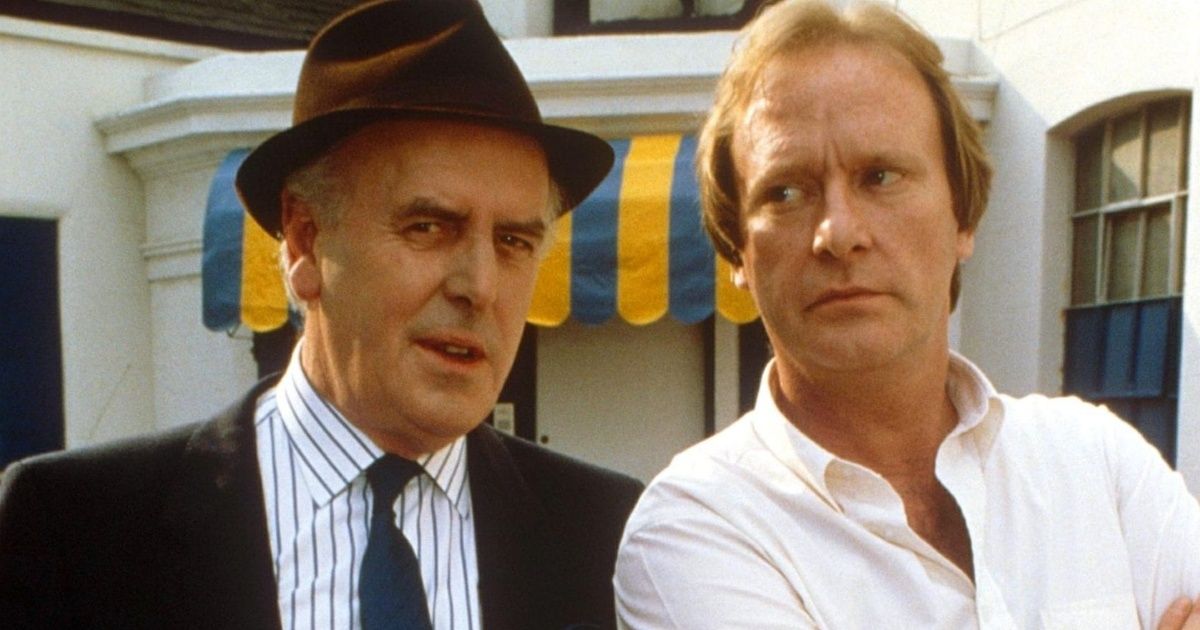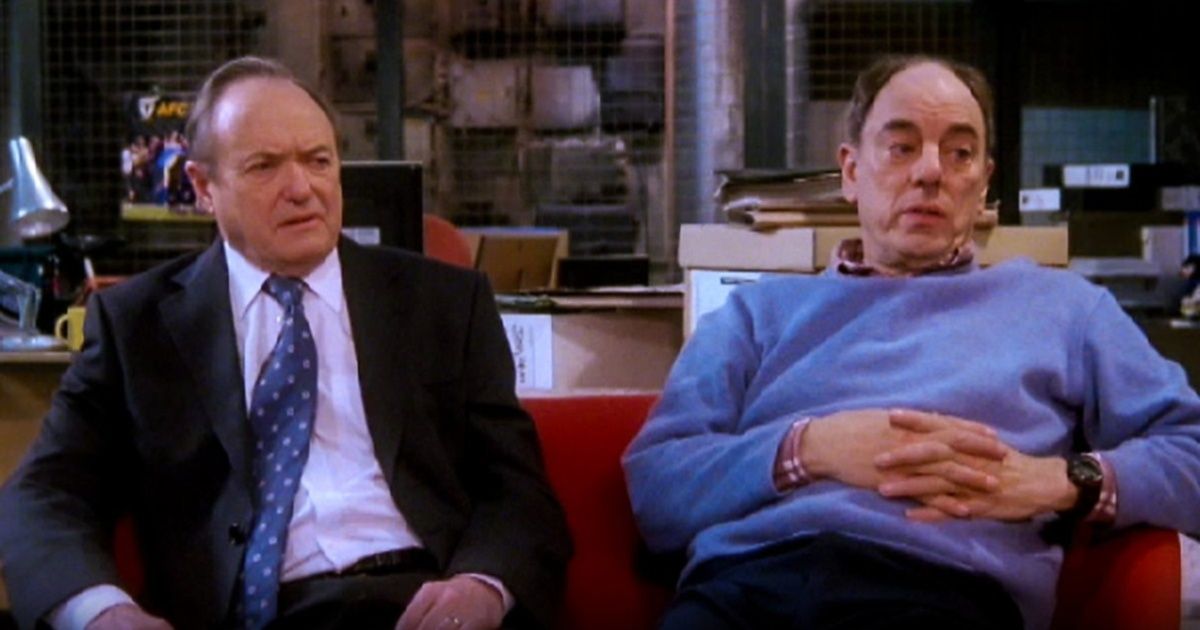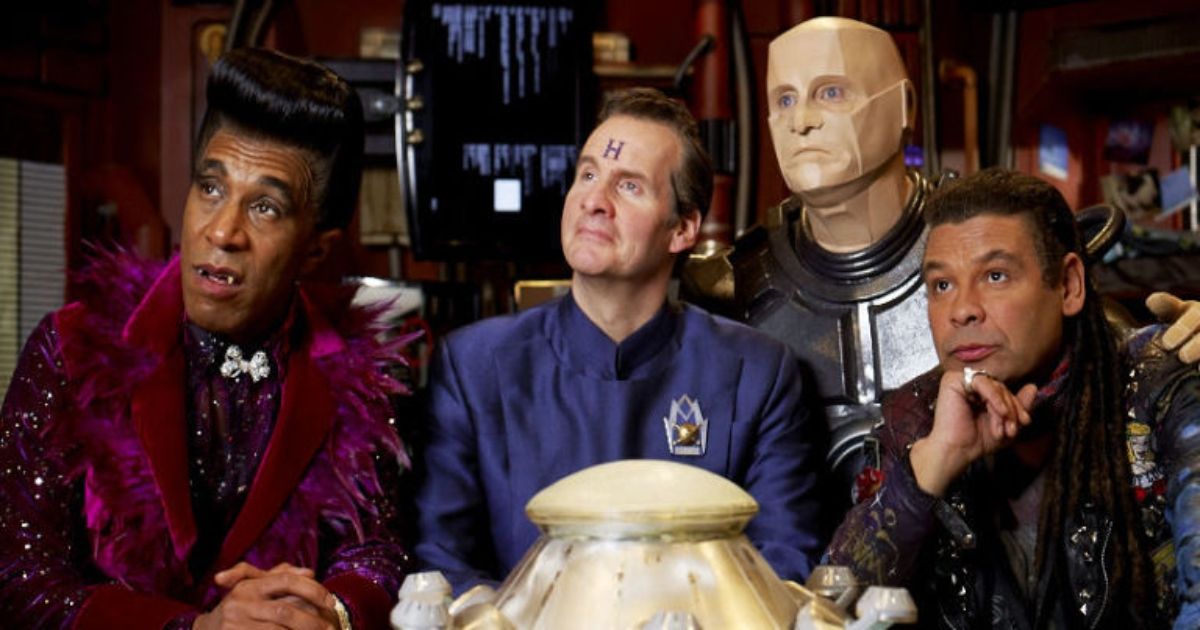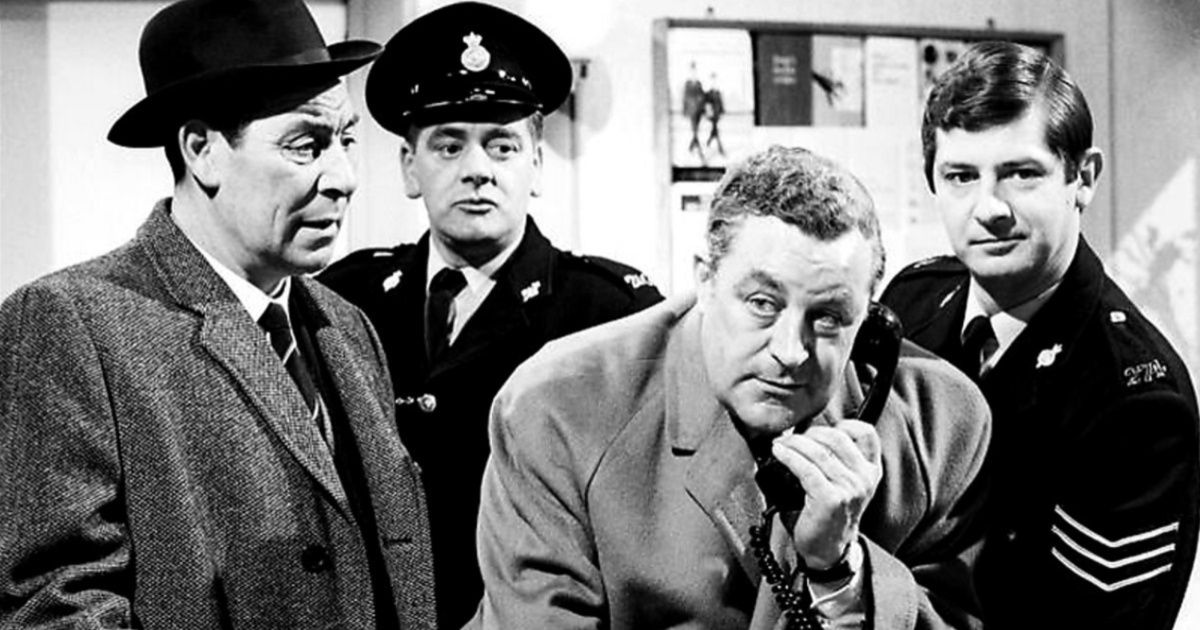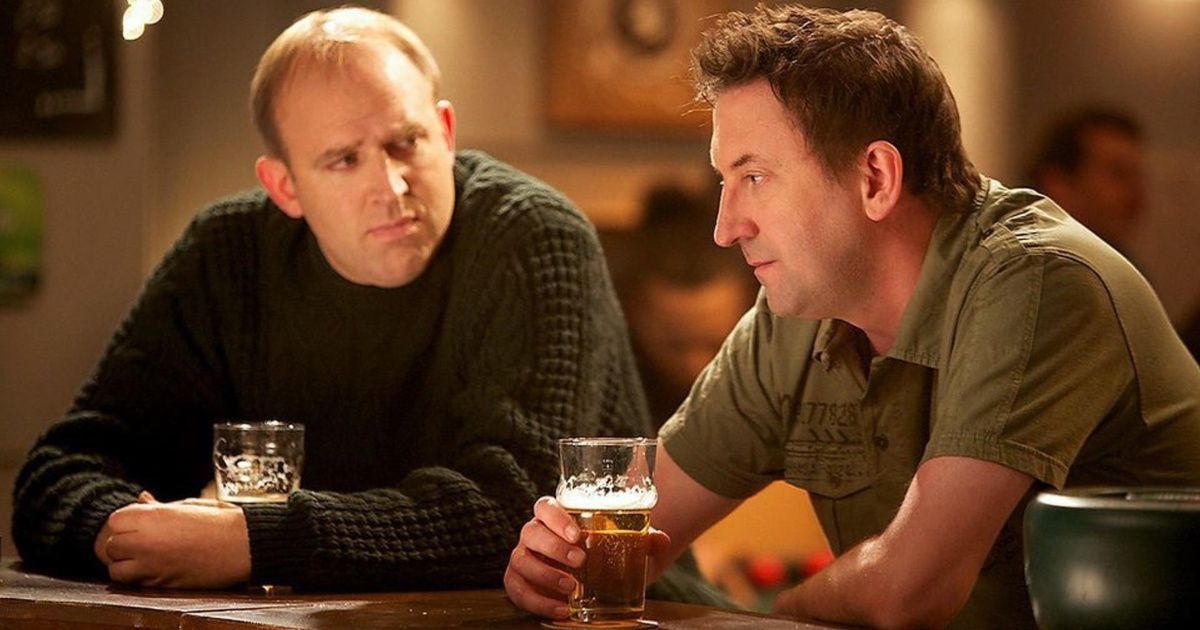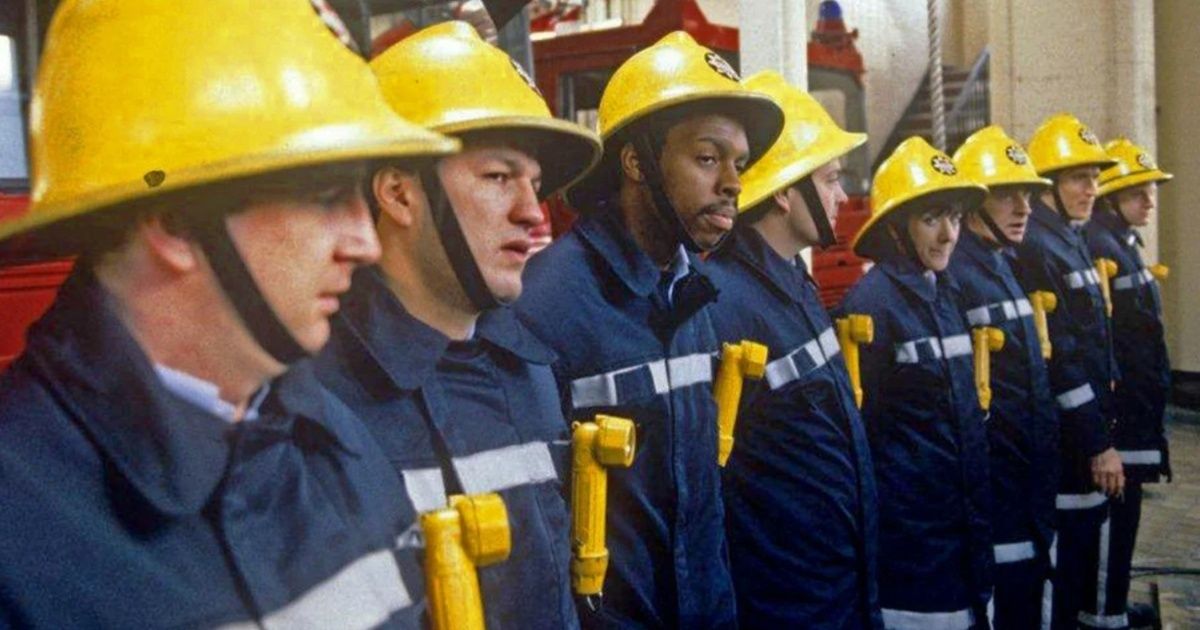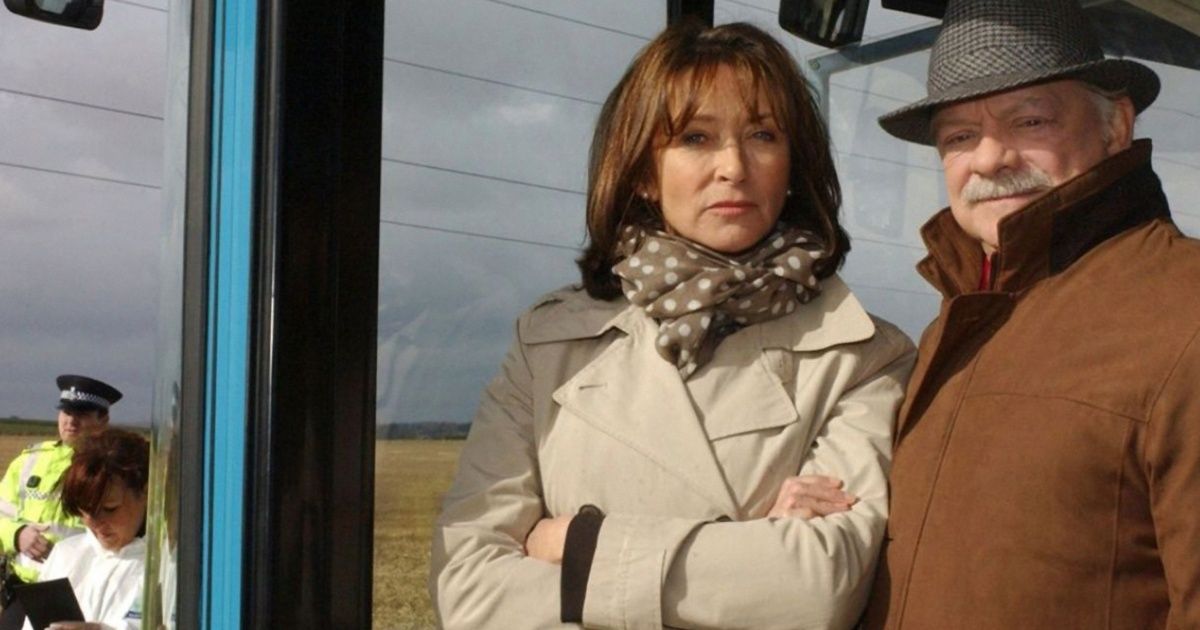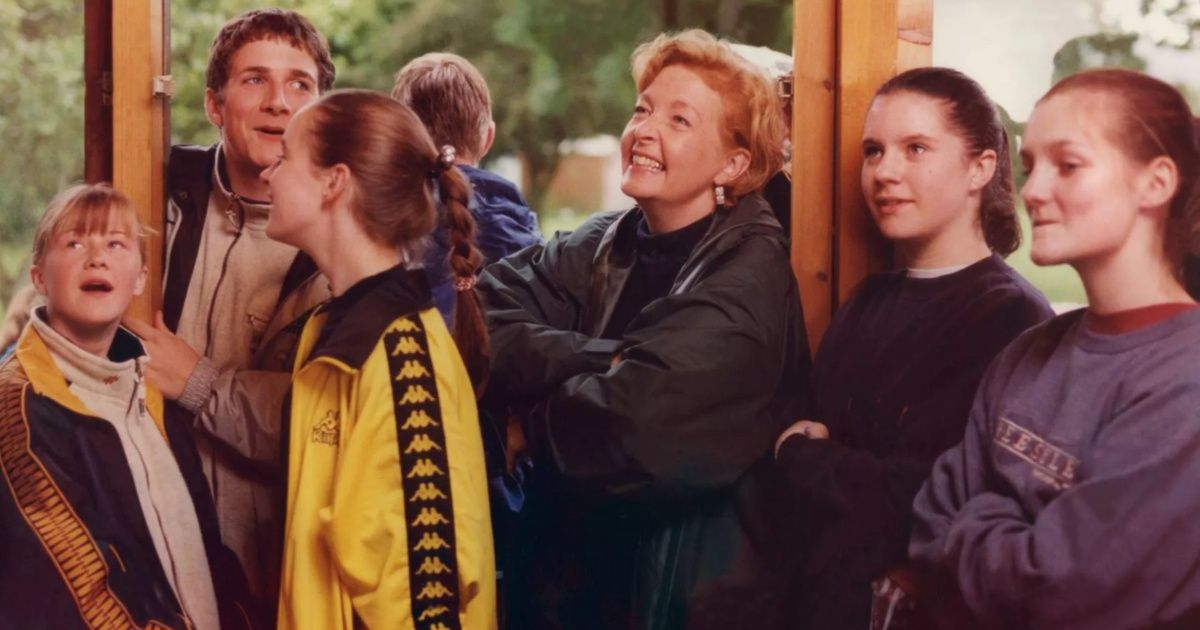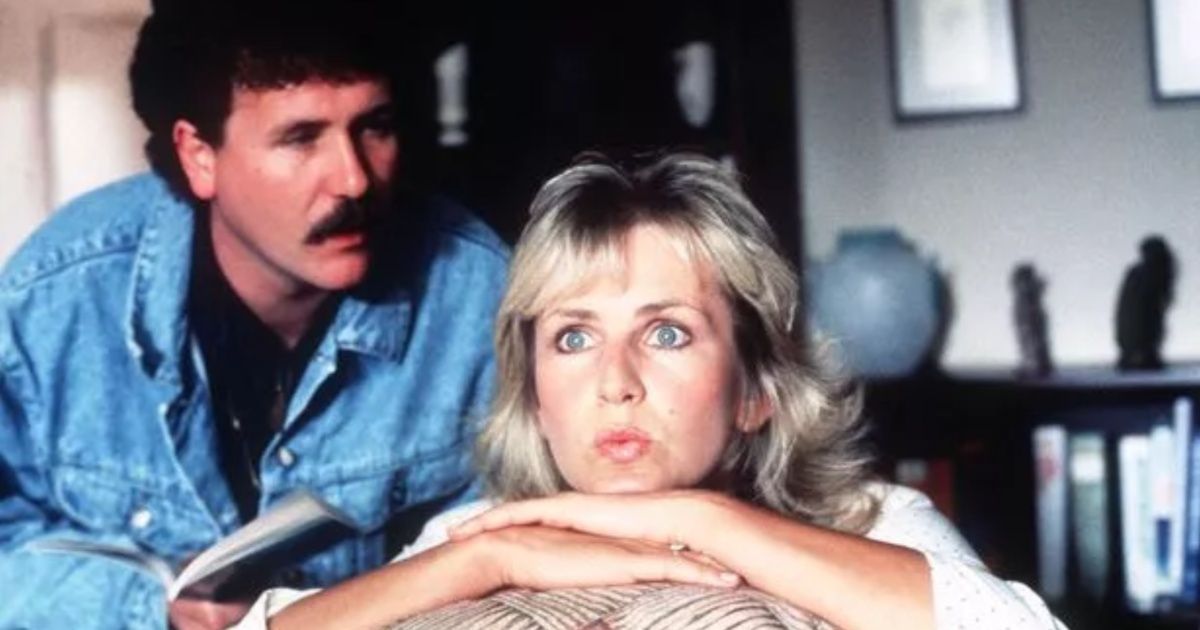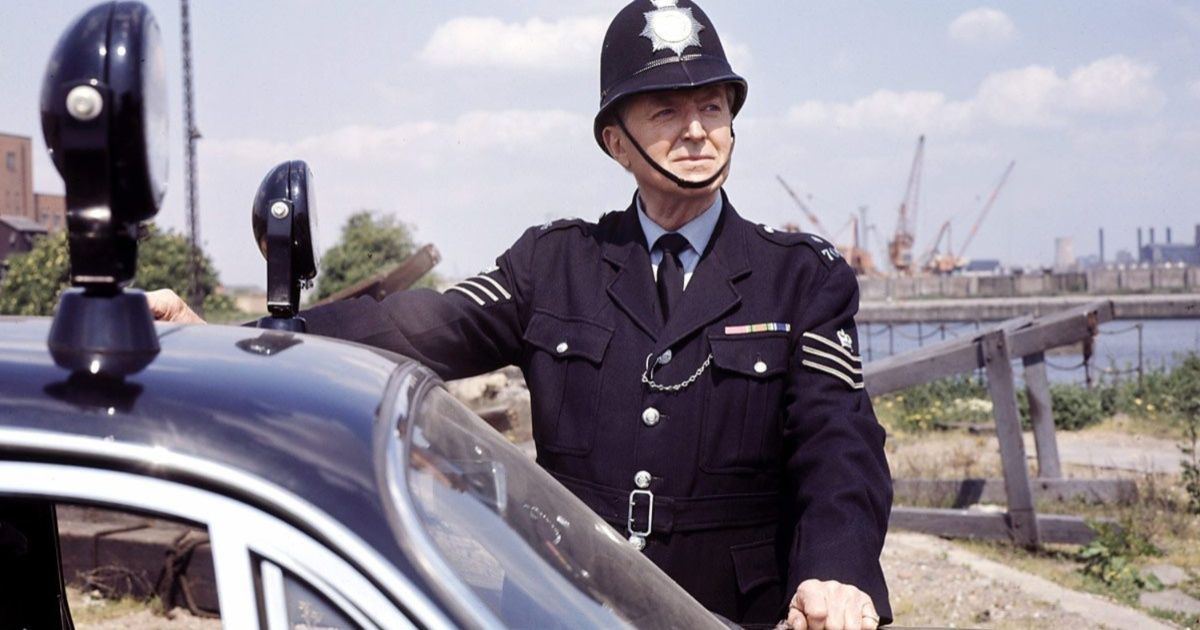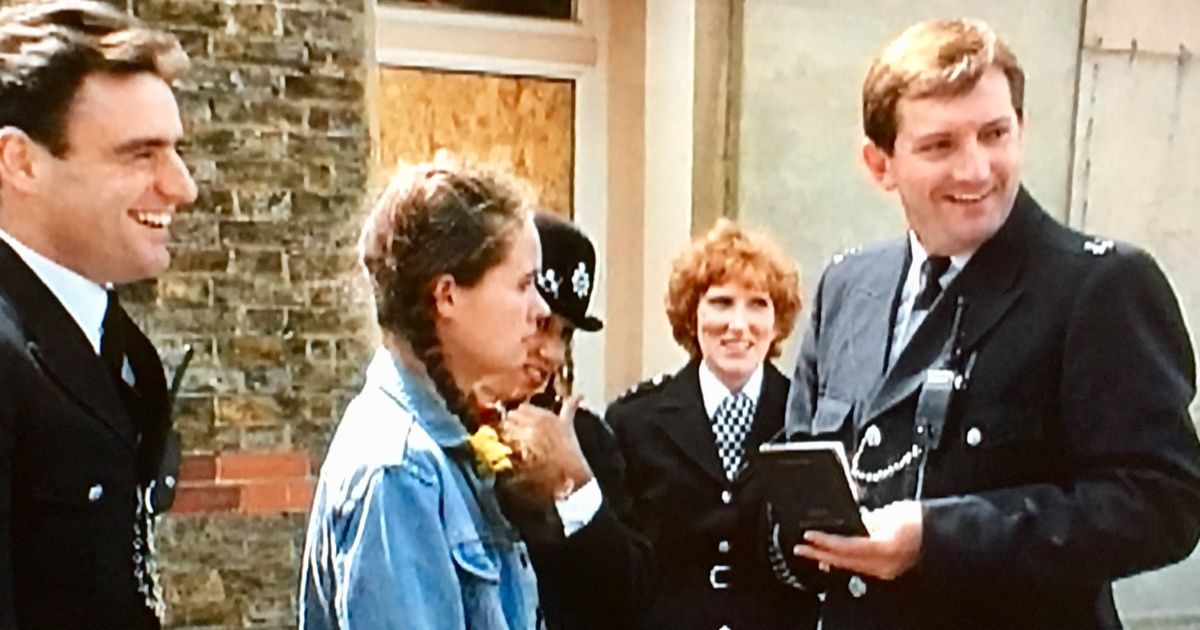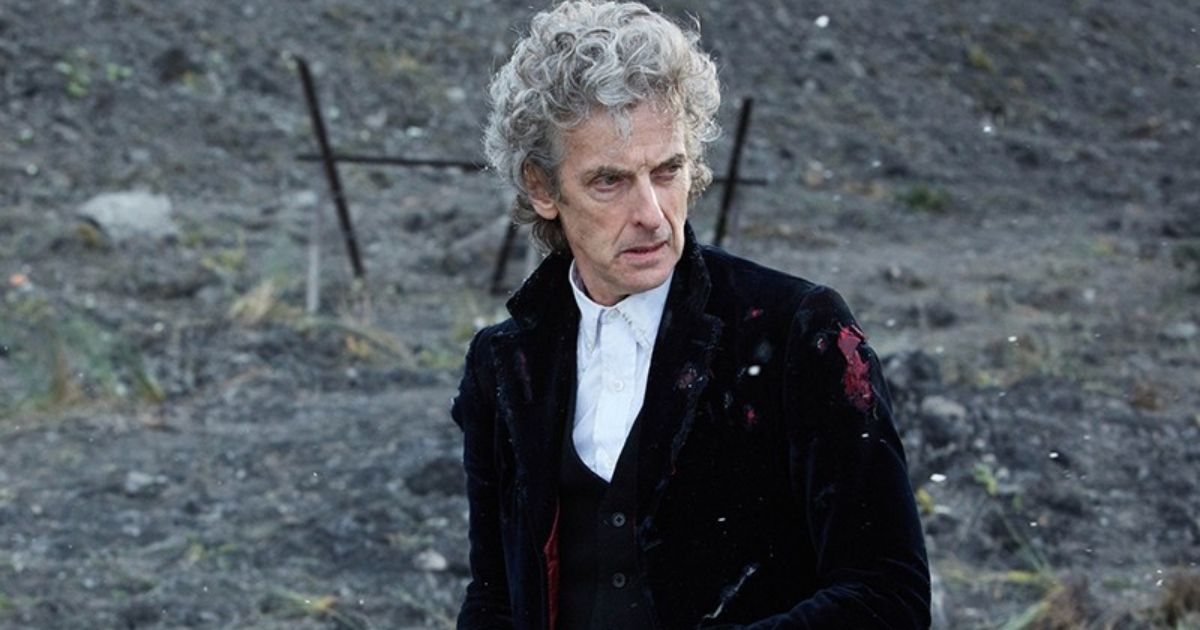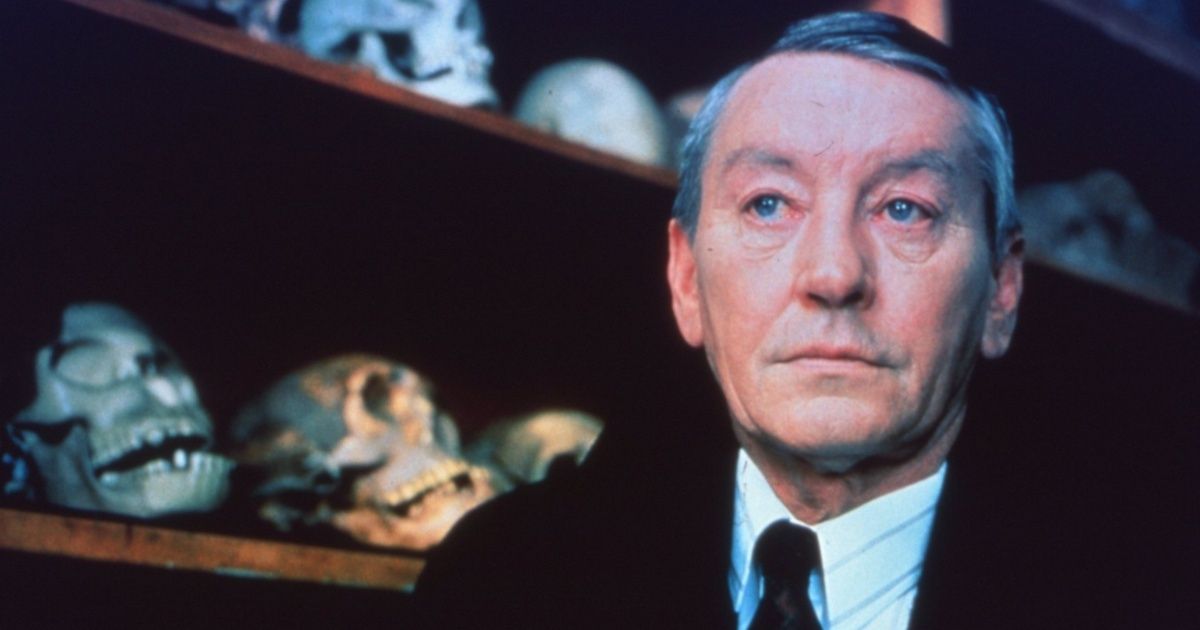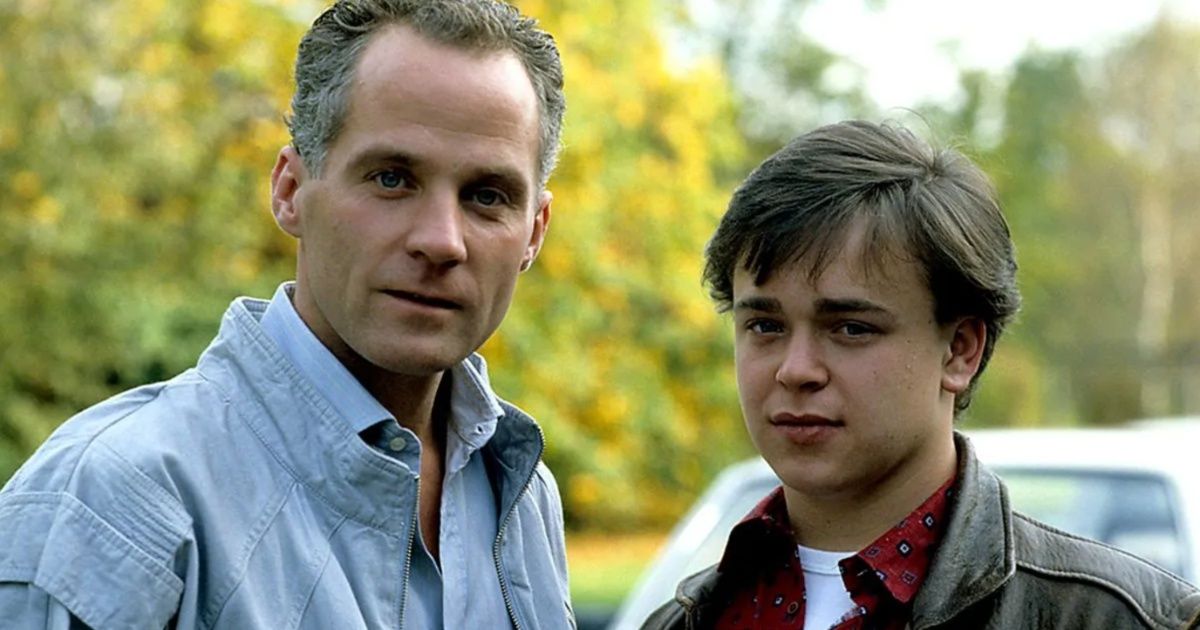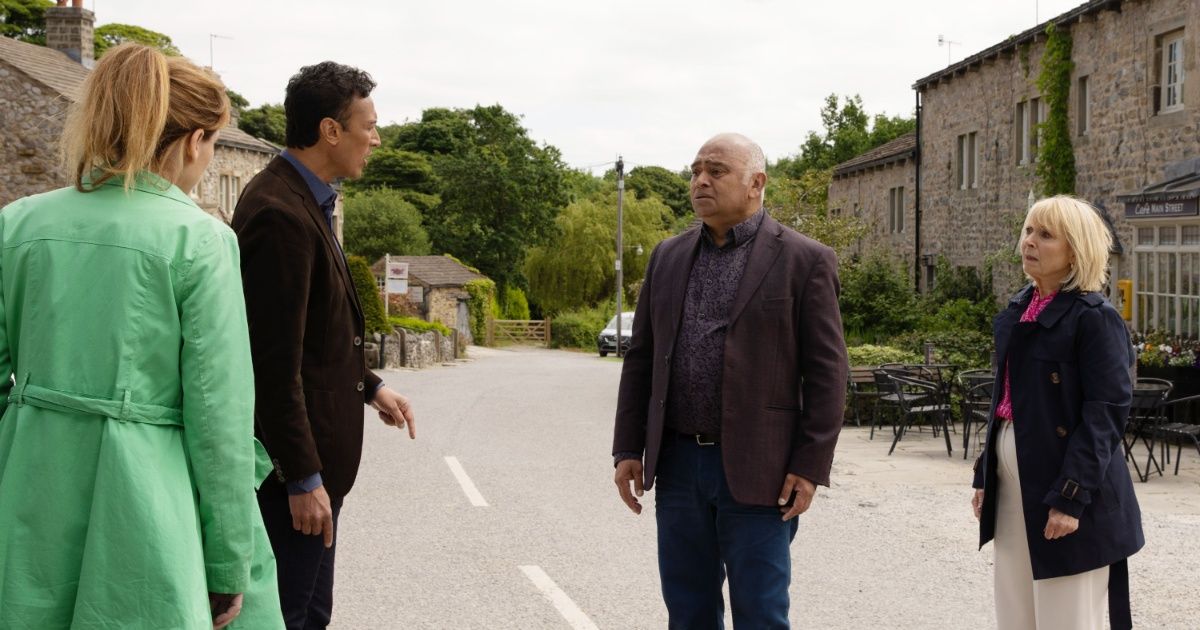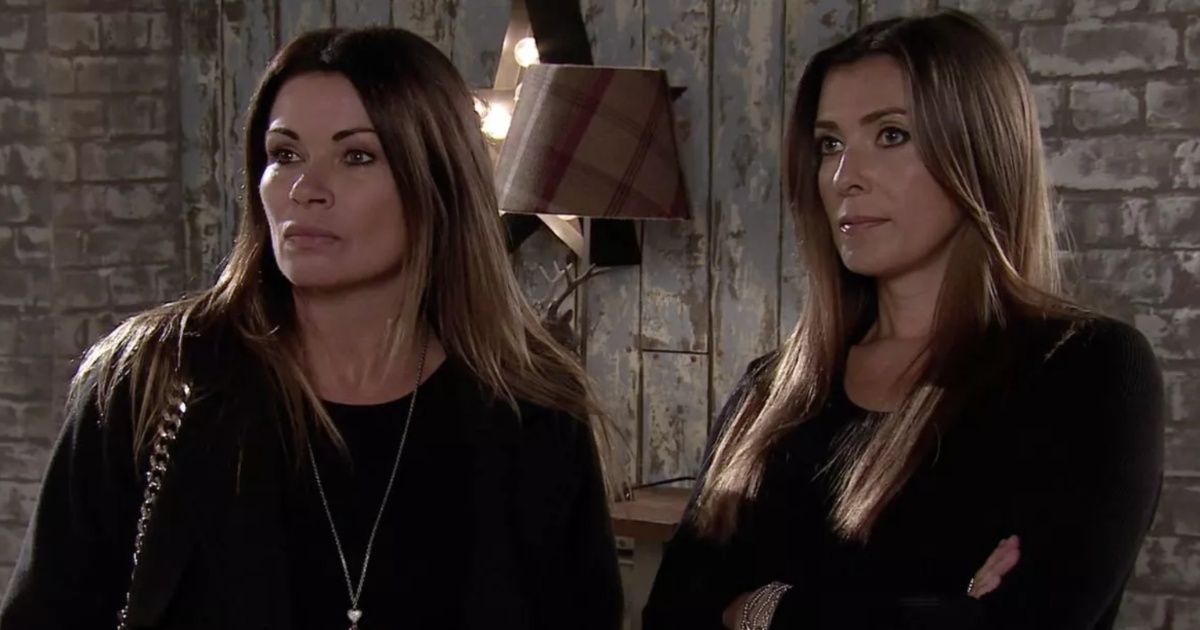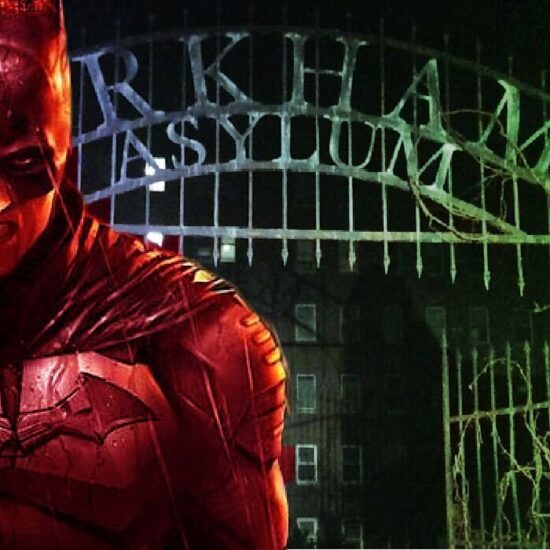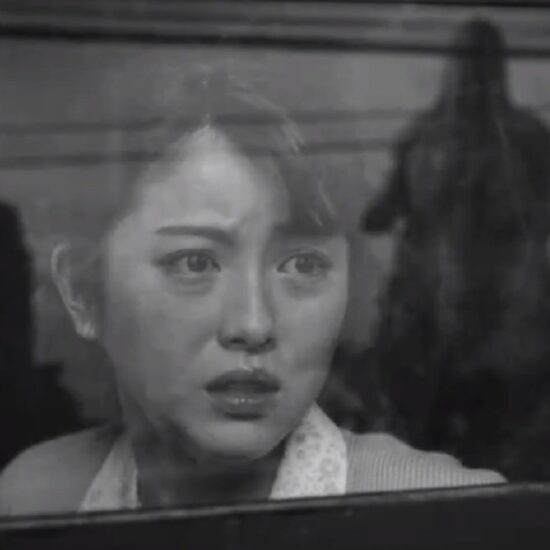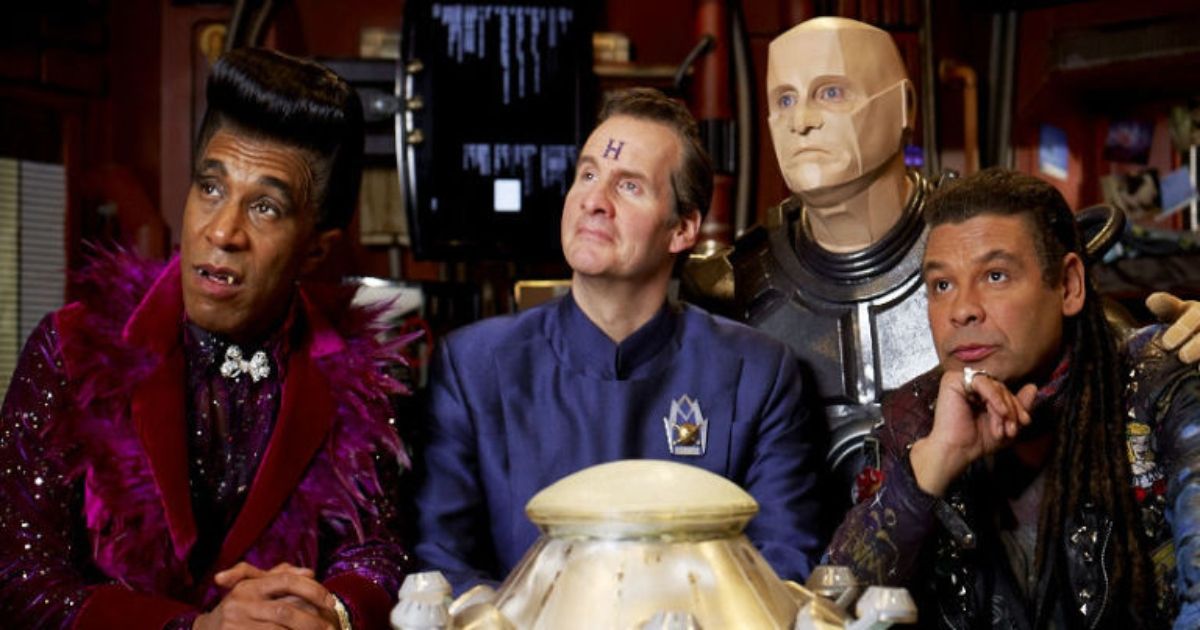
British TV bears some similarities to American TV, yet there are two major things that separate the two industries. In the UK, networks aren’t as trigger-happy as those in the US. Showrunners are usually granted ample time to build their stories. Interestingly, these showrunners aren’t normally interested in stretching their shows for too long either. The majority of them prefer to end things on a high, so it’s rare for any TV series to jump the shark.
Fans who enjoy getting immersed in a single story for weeks or months might thus struggle to find something to satisfy their appetite. Thankfully, there are a few British small-screen projects that have been (or were) on air for a long time. Those that ended mostly did so on their own terms, while those still running haven’t lost their appeal.
20 Take the High Road (1980 to 2003) – 10 Seasons
Take the High Road takes viewers away from the city chaos and plants them into the rural village of Glendarroch, Scotland. As quiet as everything seems, there are plenty of sinister characters, so fans are treated to common soap opera issues like infidelity, sibling rivalry, and career struggles, though the money-making schemes all revolve around agriculture.
The ITV series frequently dives into parish pump politics too, with the locals always fighting for their interests and the politicians doing their best to patch the cracks to not lose any elections. Additionally, Take the High Road has a catchy Scottish folk band theme tune whose accordion and banjo tones are guaranteed to get the viewer humming right before the events begin.
19 My Family (2000 to 2011) – 11 Seasons
Disciplined parents and children can be boring, especially on TV, so My Family aims to provide the same kind of entertainment as the popular movies about dysfunctional families. The story centers around the Harper family, whose members keep getting on each other’s nerves from episode to episode. Still, they always know when it’s the right time to team up and stop the nonsense.
Viewers are likely to appreciate the character development that each of the family members is guaranteed. For example, one of the children (Jane) morphs from a teen carver to one of the most responsible fictional moms. Another (Nick) turns from a slacker to an industrious young man. The parents, on the other hand, are both villainous. The father is a misanthrope, while the mother is a control freak whose cooking the family hates so much that they keep sneaking meals into the trash bin.
18 Minder (1979 to 1994) – 11 Seasons
There are many underrated British crime dramas, but Minder (the title, “Minder,” refers to UK slang for right-hand-man) managed to appeal to audiences both in and out of the UK because of its likable antihero, Terry McCann. A former boxer, Terry spends most of his time in the series as a henchman for the influential criminal Arthur Daley.
Unlike men of his kind, Terry is obedient and loyal. He even chooses to serve more time rather than give up an associate when he gets arrested. He is also shown to be much more streetwise than his boss; hence, situations that might have escalated into violence end up getting defused rather easily. Besides that, there are always intriguing conflicts between Arthur and Terry’s love interests because they all keep urging the former boxer to get away from his boss’ shadow and be his own man.
17 New Tricks (2003 to 2015) – 12 Seasons
BBC One’s New Tricks is a distinctive procedural because it strictly focuses on unsolved crimes. Logically, the active police force can be presumed to have a lot on its plate, so members of Unsolved Crime and Open Case Squad (UCOS) – a fictional division of the London Metropolitan Police Service – consist of retired officers who are bored with their new lives. The title is plucked from the proverb, “You cannot teach an old dog new tricks.”
Because the focus is on elderly lawmen, fans don’t get to see love triangles or foot chases. Instead, the protagonists bear age-appropriate challenges like illness, memory loss, and solitude stemming from family estrangement. Despite the personal struggles, these officers are shown to be much wiser, often seeing hidden clues that younger officers couldn’t.
16 Red Dwarf (1988 to 2017) – 12 Seasons
It isn’t common for sitcoms to expand into major franchises, so the Red Dwarf creators ought to be lauded for making something special that had so much potential for growth. Today, the show’s events – which center around a man’s misadventures after he discovers he is the last surviving human – have spilled into books, video games, and movies.
The majority of events in Red Dwarf take place inside a spaceship. Interestingly, the series has no aliens. All the life forms that the protagonist Dave encounters are said to have evolved from Earth’s living creatures after the planet was destroyed. The sci-fi project also has one of the best story setups, as Dave is said to have only survived an accident that killed all the other 168 crew members because he had been placed in a stasis state as punishment for smuggling a cat.
15 Z-Cars (1962 to 1978) – 12 Seasons
“Z-Car” is the term that British tabloids use to refer to police cars, and through to the title, Z-Cars is all about patrol officers. It doesn’t feature some of the coolest detective cars, but it has arguably way more law enforcement characters than most procedurals. That’s because different episodes focus on different officers who have been assigned patrol duties during that week.
It’s the kind of show that real-world officers are likely to hate because most of them are depicted as highly flawed individuals. Some are incompetent on the job, while others aren’t angels at work but devils back home. Nonetheless, it’s a thoroughly enjoyable small-screen project that offers plenty of thrilling chase scenes and a wide variety of both petty criminals and influential hoodlums.
14 Not Going Out (2006 to Present) – 13 Seasons
In Not Going Out, British comedian Lee Mack plays a fictionalized version of himself. True to the title, the main character is a slacker and lodger who is happy to spend his days drinking and watching TV in a London apartment owned by his best friend. Apart from beer, picking up women is normally the only other incentive for him to get out of the couch.
For about half of the series, Lee works hard to impress his crush, Lucy, but finds no success. His failed schemes make up a huge chunk of the show’s comedy, so viewers rarely feel compelled to pity him. Apart from the captivating arcs, Not Going Out is packed with numerous pop culture references as well as links to real-world events. The dialogue is also clever because it’s mostly based on double entendres.
13 London’s Burning (1986 to 2002) – 14 Seasons
London’s Burning can be described as the UK version of Chicago Fire. In this particular fictional world, there is no shortage of fire incidents in London. Thankfully, members of the London Fire Brigade’s Blackwall fire station are ever ready to step up and save the day. At times, they fail, but that’s part of what makes everything much more enjoyable.
The ITV series also happens to be one of the shows based on movies, as the story all started with a TV film. However, there was a change of genre while expanding the story. The film was a black comedy, yet the show takes a procedural/drama format. Judging from the millions of ratings, it’s clear that fans didn’t have a problem with the switch at all.
12 A Touch of Frost (1992 to 2010) – 15 Seasons
Events in A Touch of Frost were initially faithful to those in the Frost detective novels by author and radio dramatist R. D. Wingfield, but with time, the writers began coming up with series-exclusive stories. The main character is the weird Detective William Edward “Jack” Frost, whose unimpressive habits include drinking other people’s beverages and leaving his belongings in a mess.
Rule-breaking is also part of the fun for Frost, so he often plants evidence and gets into buildings without warrants. His behavior causes him to be reprimanded several times, but because he has a George Cross award (the highest honor for acts of bravery), his superiors often find it difficult to fire him. The show’s other interesting character is Superintendent Stanley Mullett, who dishes out threats to Frost several times per episode and sees his law enforcement as nothing but a bridge to a more lucrative career in politics.
11 Byker Grove (1989 to 2006) – 18 Seasons
Byker Grove is reputed for featuring the first-ever gay kiss on UK teen television and for its creative use of the fourth-wall-breaking technique. The events center around the members of a youth club and the numerous challenges they face as they try to lay proper foundations for themselves in order to have better lives when they become adults.
In each episode, the teen drama tackles complex themes, touching on topics like abortion, drug abuse, homophobia, racial discrimination, and homelessness. Most importantly, it avoids the cliché plot format of teenagers facing education-related challenges. Here, the characters are rarely seen in school. Byker Grove also heavily relies on the Grey’s Anatomy-ish trop of bad things happening to good people. From fan favorites suddenly getting diagnosed with terminal illnesses to others missing out on opportunities, there is never a shortage of sad moments.
10 Brookside (1982 to 2003) – 21 Seasons
Brookside was revolutionary in many ways. It showed the first-ever lesbian kiss and also had the first-ever gay character on British TV. The soap opera didn’t stop there as it went on to feature the first incestuous relationship between two siblings, something that didn’t sit well with fans at the time. Even so, it’s such controversies that helped the Channel 4 project remain relevant for so many years.
The events mainly revolve around several families living in a suburb in the city of Liverpool. The stories cover all kinds of issues, ranging from workplace strikes to hostage situations. In one of the more popular storylines, a psychopathic gunman holds a family hostage, resulting in the death of one of the members. Another memorable storyline involves an abused wife murdering her husband and burying his body in the garden,
9 Dixon of Dock Green (1955 to 1976) – 22 Seasons
Dixon of Dock Green takes a different approach to law enforcement. Unlike most procedurals where weapons have to be fired in each episode, Police constable George Dickson normally does his job by talking his way through situations. Thanks to his charming and reasonable nature, he often comes to an understanding with the criminals and victims, leaving everyone happy.
All this was accurate because English police officers rarely carried firearms in the ‘70s. They were only issued weapons on a temporary basis whenever a violent crime was reported. Regarding the protagonist, he isn’t an original character as he was plucked from the movie The Blue Lamp. However, he became much more popular after appearing on the show. Given the slow-burn nature of the plot, the dialogue is what viewers are likely to enjoy the most.
8 The Bill (1983 to 2010) – 26 Seasons
The Bill has four spinoff shows, proof of how rich its plot is. The title is inspired by the British slang “Old Bill,” which is used to refer to police officers, and the plot mostly revolves around members of different police departments working on a particular shift. Because of its serial format, it’s often compared to Hill Street Blues.
Overall, The Bill is a flawless procedural, yet viewers are likely to appreciate the character development more than the cases and the violence. At one point, one of the high-ranking officers even gets imprisoned and comes back as an informant. Another memorable storyline involves an officer getting murdered by his daughter’s boyfriend in a tense family-related subplot that influenced the production of a spinoff focusing on homicides.
7 Crossroads (1964 to 2003) – 26 Seasons
Crossroads has low production values, with most of the proceedings taking place in a single location despite the fact that it’s a soap opera, not a sitcom. In spite of that, it was wildly popular for years, leading to its rival a few years after it ended. The main story focuses on two sisters and their customers at the fictional Crossroads Motel.
The show is best remembered for featuring storylines that were unheard of at the time. In the early ‘80s, a subplot about a false rape accusation triggered endless public discussion. Controversial political policies were often dissected too, and as such, the producers faced accusations of trying to influence the public to lean in certain directions. Nonetheless, it had a fairly healthy run in general.
6 Doctor Who (1963 to Present) – 26 Seasons
Doctor Who chronicles the time-traveling adventures of a scientist who hails from the Planet Gallifrey. The planet is said to be the location of the Time Lords, who have the ability to move from one time period to another. Most of the episodes thus involve The Doctor moving through space and time in his unique craft known as the Time and Relative Dimensions in Space (TARDIS).
Among the many reasons fans appreciate Doctor Who is that there is an in-show explanation for cast changes. Instead of getting a new actor and pretending like nothing happened (like most shows do), the series explains that the Time Lords experience regeneration after some time as a way to prolong their lives. This explains why younger versions of The Doctor keep popping up.
5 Taggart (1983 to 2010) – 27 Seasons
Set in a fictional police station in Glasgow, Scotland, Taggart follows the professional and personal lives of the officers based there. The procedural was initially about Officer Jim Taggart, but after actor Mark McManus died, a decision was made to keep the title as it was and shift the focus to an ensemble cast.
Taggart is one of the easier procedurals to jump into because each one-hour episode covers a standalone story. Earlier episodes stretch for as long as 90 minutes; hence, they feel like some of the popular true crime movies. The screenwriters don’t go easy on the dialogue either, so viewers are treated to quotes such as “there has been strangulation by ligature” and “the supraclavicular nerve got raptured during the attack.”
4 Doctors (2000 to Present) – 24 Seasons
Doctors is Britain’s answer to Grey’s Anatomy, or rather, Grey’s Anatomy is America’s answer to Doctors. The BBC One came way before the Shondaland one, and it serves pretty much the same buffet. Both shows keep the spotlight on surgeons and sprinkle a soap opera touch to the proceedings. What results is a blend of complicated workplace affairs and groundbreaking surgeries.
The similarities don’t end there. Both medical dramas have a high cast turnover, so fans are frequently introduced to new doctors. Series loyalists thus have a large pool of characters to choose from when it comes to picking fan favorites. Most importantly, they offer important lessons regarding medical practices.
3 EastEnders (1985 to Present) – 32 Seasons
EastEnders captures the triumphs and struggles of working-class families in the fictional London borough of Walford. Most characters are plagued by financial challenges, but their lives remain fun thanks to humor, schemes, and community unanimity. It’s perhaps the most relatable show to the average British citizen, hence the reason it has appealed to the public for so long.
The soap opera has been nominated for over 100 awards ever since it premiered and continues to be an accolade magnate to this day. In addition to that, its pop culture impact remains strong. Various British movies and songs have referenced EastEnders in general or some of its characters. And such references are often easy to catch because of the BBC One project’s never-ending popularity.
2 Emmerdale (1972 to Present) – 34 Seasons
Events in Emmerdale center around the villagers residing in Yorkshire Dales. It’s one of the few soap operas to be primarily filmed outdoors, and such a production route made sense because the majority of the villager’s characters are farmers.
Despite the quiet setting, Emmerdale isn’t short of drama and shocking twists. One of the show’s most memorable storylines involves a plane suddenly crashing into the village and killing four main characters. There’s also a surprise episode featuring an entirely female cast, and in it, they get to address many of the gender discrimination issues that plague modern society.
1 Coronation Street (1960 to Present) – 60 Seasons
Coronation Street is the world’s longest-running soap opera, and it continues to appeal to a wide audience because of the production team’s efforts to inject a fresh batch of characters every few seasons. The plots follow residents of the fictional Weatherfield neighborhood in Salford, England. The characters are of the down-to-earth and middle-class type. Hence, many viewers find them relatable compared to those in soaps centering around wealthy families.
TV lovers who hope to start watching Coronation Street now might have a harder time because there are more than 11,000 episodes and numerous spinoff movies based on the characters, especially those who have moved on from the series. The good news is that there are a couple of documentaries that summarize what happened in the earlier seasons.







